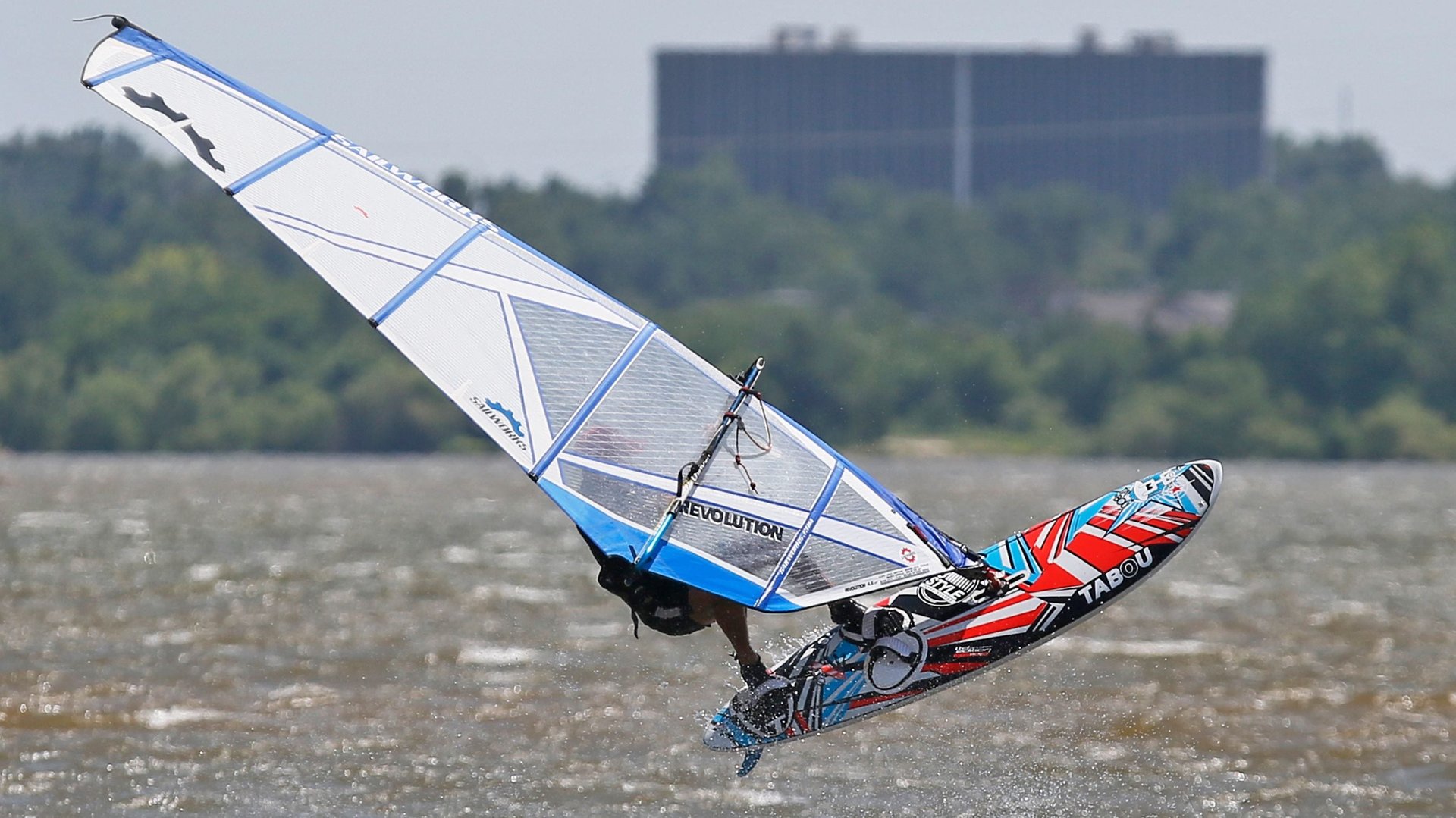A surprisingly effective way to feel relaxed at work after vacation
Research repeatedly proves the benefits of vacation, from diminishing stress and helping you live longer to boosting the economy.


Research repeatedly proves the benefits of vacation, from diminishing stress and helping you live longer to boosting the economy.
But any vacation-positive person also knows the dread of returning to endless emails and unfinished tasks. Anxiety over what’s piled up while we’re away keeps many employees from escaping work in the first place—a phenomenon that seems less crazy in light of research suggesting the upsides of vacation diminish within a few days back at it.
There are many strategies pre-vacation strategies designed to make sure your time off is relaxing and to prepare you for a smooth transition back to work, such as making pre-trip to-do lists, writing clear out-of-office messages, and fully disconnecting from work (and social media) while you’re gone. But here’s a more unusual idea offering the potential of a fulfilling vacation and a graceful return to the grind: mastering a new skill.
Research led by Charlotte Fritz, an associate professor in industrial and organizational psychology at Portland State University, suggests that contrary to the belief that vacation should be a reprieve from trying hard at things, using time off to “master” a new hobby can help people recover from work stress while away and cope better with work when they’re back.
Importantly, the new activity should be something totally unrelated to your day job, and something you’ve never tried before. As Jill Duffy recently noted in Fast Company, the activity could be something creative, but it doesn’t have to be. The point is to engage in sustained practice at something new, which “may increase our ability to think outside the box and creatively solve problems at work,” Duffy writes.
Why practice a hobby, not a relevant skill?
Practicing a hobby as opposed to a professional skill offers you the reprieve of imperfection, as Alex Preston—a novelist by trade, and birdwatcher by hobby—explains in a Quartz article titled, “If you want to be a better person, find something to do outside of work“:
Our hobbies tell a great deal about us and our world: about how we choose to present our lives to others; about the burdensome, expectation-freighted nature of free time; about our slippery relationship with the exigencies of productivity in late-capitalist society. Hobbies are a corner of our existence over which we have the impression of control, a sphere in which we feel we can achieve a kind of mastery usually denied to us in our wider personal and professional lives.
Neither Preston nor Fritz is using “mastery” in the traditional sense of the word. It’s hard enough just to make yourself reasonably proficient in a new activity taken up over the course of one vacation. But in our hobbies, we give ourselves permission to feel good—even great—about our capabilities, even if we aren’t any better at the activity than our peers would be.
Last summer, I began watercolor painting to distract myself from a breakup and escape professional anxiety. I constantly felt like I wasn’t measuring up at work, and my therapist recommended picking up a new hobby.
Without researching how to paint, I bought $10 worth of watercolors, sat down with a bowl of water, and painted for five or ten minutes a day, usually in the morning when I woke up or before I went to bed, or instead of watching something on Netflix on a lazy Sunday.
Within a month, my paintings looked marginally better. More importantly, I grew increasingly proud of my progress, not because I’d become the best painter—a standard I often employ work—but because I simply liked the way my art looked, and didn’t care what anyone else thought of it. This form of pride isn’t just unfamiliar. It’s relieving.
Building a new identity
Usually, we go on vacation to escape our daily realities and identities. It’s appealing to lie on a beach or watch a beautiful sunset precisely because doing so feels so unfamiliar. The flip side of this escape, however, is that when we return, the familiar mundanity of our real-life identities strikes back.
Developing a hobby while vacationing remedies this effect by giving you a new identity to carry into your daily life—a gift that lasts far longer than the fleeting sense of post-vacation relaxation.
Simple as it may seem, the psychology is sound: People who embrace many different identities instead of tying their self worth to any one job, relationship, or professional achievement are significantly happier than those who define their identity solely by what they do, who they love, or what they have accomplished—or who they are when they’re not vacationing.